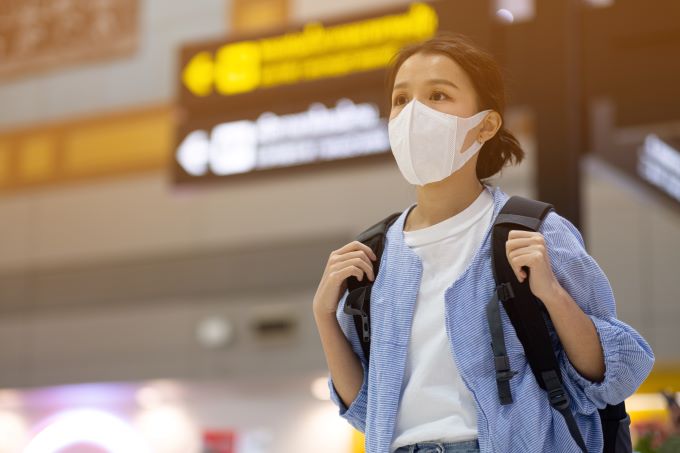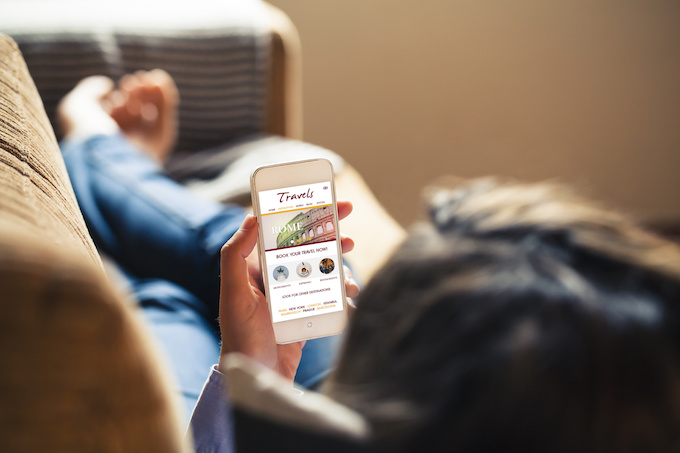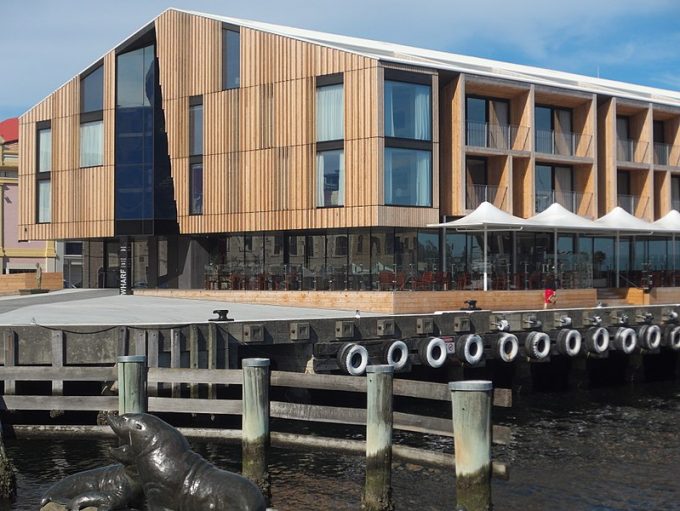
“Our industry is resilient” says accom chief, as coronavirus threat escalates
As travel bans and warnings are ramped up in the face of an amplified coronavirus threat, Australia is bracing for the impact on an international tourism market already under severe stress.
On Monday, China banned all outbound tour groups during the peak Lunar New Year travel time as the nation grapples with a health crisis which has killed 82 and infected close to 3000 people.
Analysis by PricewaterhouseCoopers originally done to estimate economic ramifications if China were to restrict its citizens studying in or visiting Australia, estimates the virus could cost the country $2.3 billion and some 20,000 jobs.
“There were already concerns in our international tourism markets due to the heavy coverage of bushfires internationally and concerns over air quality in Sydney and the coronavirus has only added to that,” Tourism Accommodation Australia chief executive Michael Johnson told AccomNews.
“China is Australia’s largest tourism market and accommodation hotels in metropolitan areas in particular are reliant on the steady flow of organised groups from China.
“Although Australia derives tourists from a range of locations including the UK, Japan, New Zealand and the US there’s no doubt any temporary drop in Chinese tourists would have a large impact – especially during the time of the Chinese Lunar New Year.”
Like fellow peak body the Accommodation Association, the TAA is working with state and federal authorities to press home the Holiday Here This Year message and drive tourism recovery nationally.
“Our industry is resilient and we will work through this together,” said Johnson.
China accounts for more than a quarter of the $45 billion spent annually by overseas visitors. According to Tourism Research Australia, over 1.4 million Chinese visitors travelled Down Under in 2018 spending $12 billion and staying predominantly in metro areas.
University of Technology Sydney tourism expert David Beirman described the tour ban as “incredibly serious” because of its timing over the current Lunar New Year period, when some 60 percent of Chinese tourists arrive in Australia.
“This time of year is the absolute peak for Chinese travelling abroad and domestically,” Dr Beirman said. “If that tap was to be turned off, that would be pretty catastrophic at least in the short term for an Australian tourism industry that is used to having that as a major source.”
However, hotels consultant Dean Dransfield says the impact of the coronavirus-induced travel ban will be “quite selective”.
“Chinese tourists like to go to the Gold Coast, but not many go to the Sunshine Coast. Also they favour Cairns rather than Port Douglas,” he told the Australian Financial Review.
“In the case of those hotels affected, they will divert their focus to other key markets, where demand is still strong.”
Accor Hotels Pacific boss Simon McGrath agreed, saying that while the impact of the outbreak is hard to quantify, “it will impact on some hotels, but not the overall market”.
Health Minister Greg Hunt said on Monday that the government not yet considering banning flights from Wuhan entering Australia.
“At this stage, no, but every flight is being met by officials,” he told ABC radio.
“And officials I’m advised, will be boarding the flights and ensuring that each individual who is travelling on those flights is directly receiving information.
“We continue to follow the advice which is being updated every day from the medical officials. As I say, the Chief Medical Officer is doing that.
“The advice is that they are talking with passengers, providing information, if there are any signs of symptoms, then obviously action is being taken.”
World Health Organisation officials have refrained from classifying the outbreak as a “public health emergency of international concern” as it seeks to contain it without disrupting economic activity. However, as cases emerge around the globe, WHO is coming under mounting pressure to change its advice.
The Australian Government’s Smarttraveller website has meanwhile upgraded its advice for Australians to “reconsider your need to travel” to China, particularly urging visitors to avoid Hubei province.

AccomNews is not affiliated with any government agency, body or political party. We are an independently owned, family-operated magazine.







